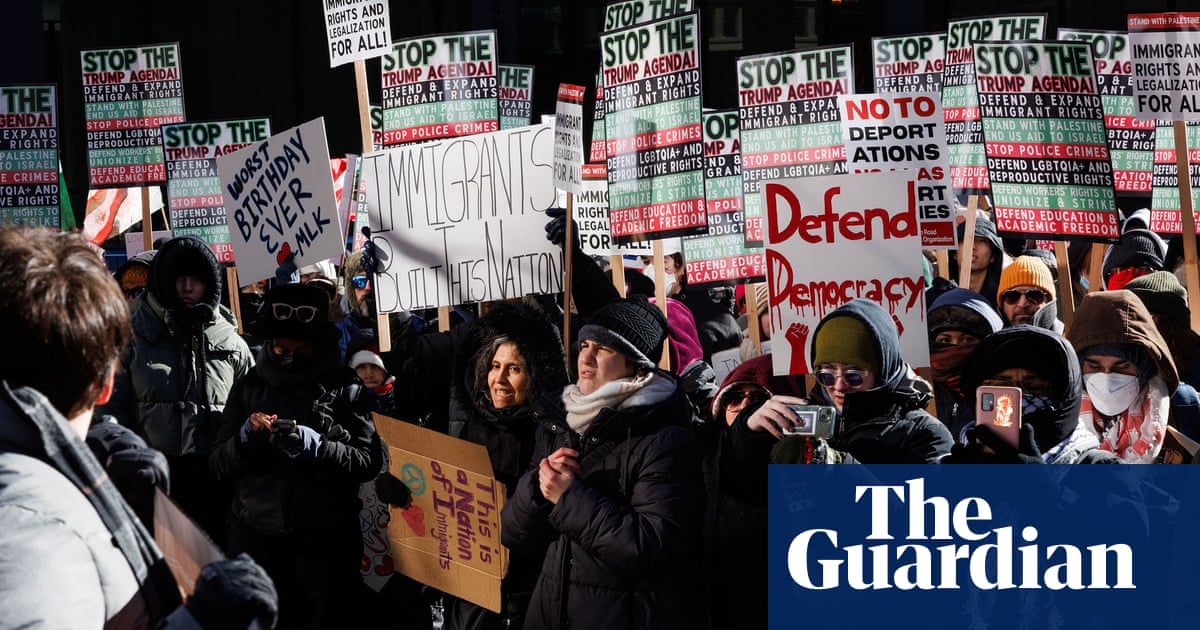For a few years now, I’ve kept a few vials of a stranger’s sperm on ice. Not just hanging out in my freezer next to the frozen peas, to be clear. They’re in a fancy cryobank and every six months a $285 charge pops up on my credit card statement for the privilege of storing them.
I’ve been justifying that hefty price tag as the cost of keeping my options open. My wife and I have a perfect little three-year-old girl and we’ve ummed and ahhed about having another one. (I won’t get into the specifics of assisted reproduction, but if you’re a same-sex female couple, then sperm is kinda key.) We’ve held on to our toddler’s baby things just in case a second one appears: our basement is full of boxes of old toys and clothes. It looks like we’re going to have to clear out and cancel that sperm storage, however – we’ve finally decided that we are firmly in the “one and done” club.
Choosing not to have a second child should be a completely unremarkable decision. As should choosing not to procreate at all. Yet the number of kids that you have – and when and how you have them – is still a subject that people have a bizarre number of strong opinions on. It’s still a subject that women are made to feel guilty about.
Ultimately, there’s no way to win as a woman: if you don’t have kids then there are people (including the Pope) who will call you selfish. If you have multiple kids and can’t spend enough time with each of them because you’re busy working, people will call you a bad parent. If you stay at home with your kids, there are people who will judge you for not having a career.
And if you choose to have only one child, as an increasing number of families are doing, then a bunch of tired old stereotypes will come out about how you’re going to raise a narcissistic monster because you’re too self-involved to give them a sibling. There’s still a disturbingly widespread idea that a family of three is not a real family and that an only child is doomed to a lonely life.
An influential 19th-century child psychologist called Granville Stanley Hall bears a lot of the blame for these stereotypes – which have all, by the way, been firmly debunked. More than a 100 years ago he stated that being an only child was a disease in itself. Hall himself seems to have been afflicted by a bad case of ye olde misogyny. You know what other strange little ideas Mr Hall had? He thought “a purely intellectual woman is … a biological deformity” and advocated for stifling a girl’s education through a process called “retarding”. Yes, really.
In the years since Hall derided only children as lacking, there have been numerous studies concluding that, actually, only children “are doing just fine”. And yet negative tropes about only children are buried so deep that they stubbornly persist. They’re buried so deep that, even though I’ve spent countless hours reading through all these studies about how being an only kid doesn’t affect your development to make sure that I’m not dooming my kid to a miserable life, I still feel a tinge guilty about not giving my daughter a sibling. And I also feel somewhat lacking.
Sometimes, no matter how self-aware we think we are, it can be hard to untangle what you genuinely want from what society has told you that you ought to want. And we are taught – from a very early age, in multiple different ways – that the ideal family is two parents and two children. That that is what you are supposed to want.
I’m going to stop with that guilt, though, because it is very clear to me that having an only child is the best possible decision my wife and I could make. We’re both very happy with our three-person family. This is going to sound cheesy as hell, the sort of thing you see crocheted on a throw pillow, but it really is true that everything you say no to means saying yes to something else. Not having another child means the ability to spend more time and resources on the child you do have. It means more flexibility. More money. The ability to have quality time to ourselves as well as spending quality time with our child. For me, it means being able to live a balanced life.
Of course, we’re not the only ones making that decision. One-child families are on the rise: in 1978 about 11% of American families had just one kid. By 2015, that number had doubled, to 22%. And one-child families are now the norm in Europe.
You don’t need to be a genius to figure out why families are getting smaller. The cost of living is astronomical, western societies are not set up to be family-friendly, and the world looks like it’s in increasingly dire straits. Elon Musk may be on a mission to repopulate the world with his spawn but, for some of us, one is the magic number. I’m certainly one and done with hearing anyone’s judgement on the matter.
-
Arwa Mahdawi is a Guardian columnist

 3 weeks ago
15
3 weeks ago
15













































